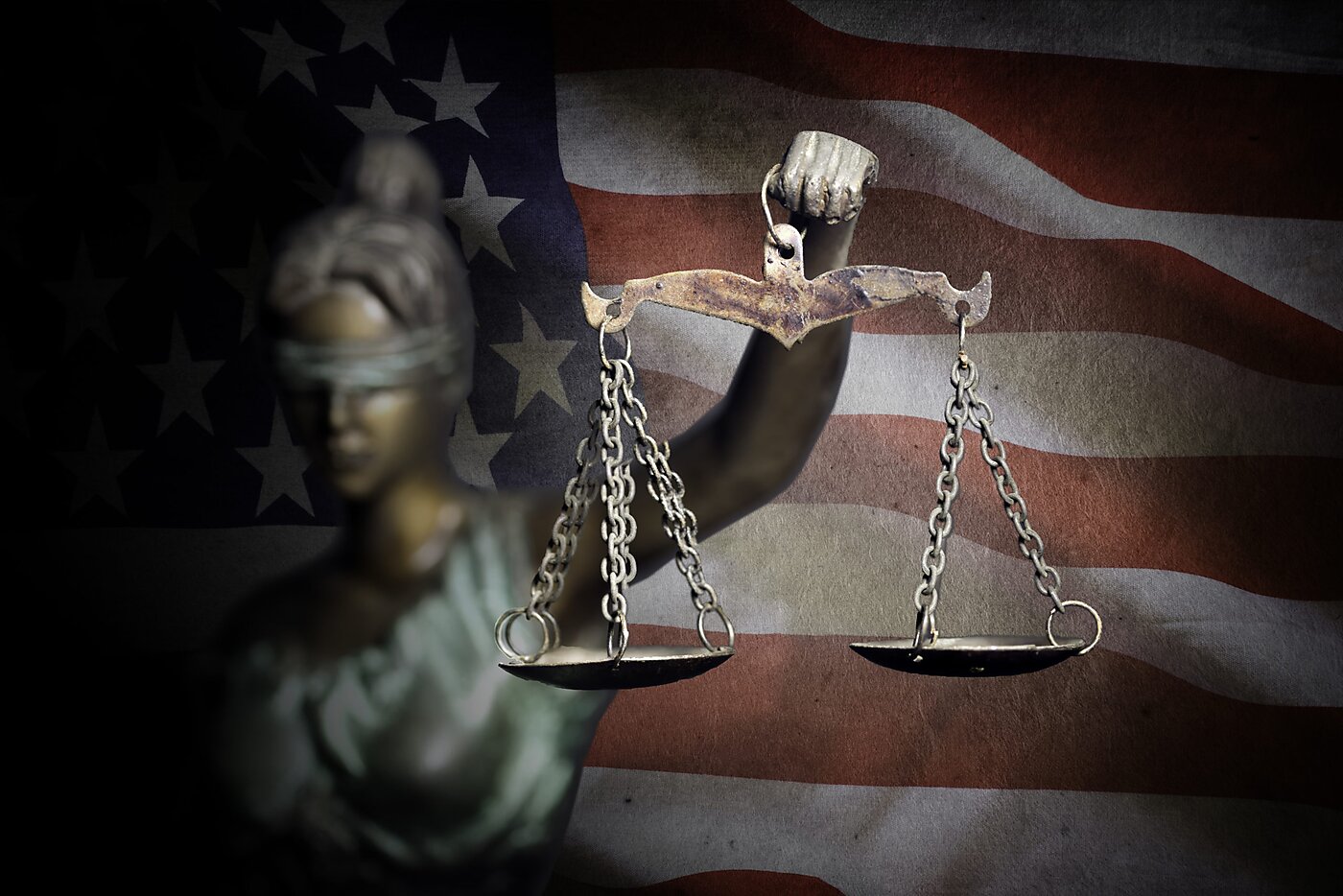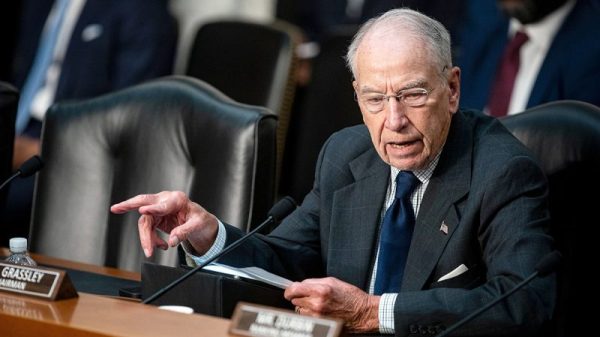When Patrick Scullark was arrested, he was not wearing his fanny pack. He had taken it off and handed it to a friend before being handcuffed and placed in the back of a patrol car. But police nevertheless conducted a thorough search of the bag without a warrant. Scullark argued that the warrantless search violated his Fourth Amendment rights, but on appeal, the Iowa Supreme Court upheld the police’s examination as a valid search incident to arrest.
The search incident to arrest exception to the Fourth Amendment authorizes limited, warrantless searches of an arrestee’s person and the area within his immediate control. This exception is intended to allow police to disarm the arrestee and prevent the destruction or concealment of evidence. It was never meant to extend to searches of personal items outside the arrestee’s reach.
Cato filed an amicus brief on October 24 asking the US Supreme Court to grant Scullark’s petition, reverse the decision of the Iowa Supreme Court, and reaffirm the narrowness of the search incident to arrest exception. The Iowa Supreme Court’s decision demonstrates how decades of judicial deference to law enforcement have caused the warrant requirement to become an exception rather than the norm.
Correcting this trend is especially important for protecting homeless Americans’ rights: by allowing officers to conduct overly expansive searches of personal items like bags, backpacks, and suitcases that play a similar role for homeless people as a nightstand or a closet might for a homeowner, the Iowa court’s ruling strips a vital constitutional protection from a uniquely vulnerable population. The Supreme Court should take Scullark’s case as an opportunity to provide all citizens with meaningful Fourth Amendment protection.




















